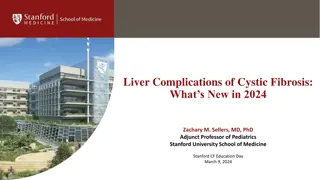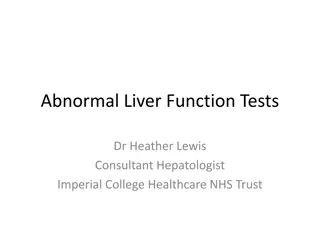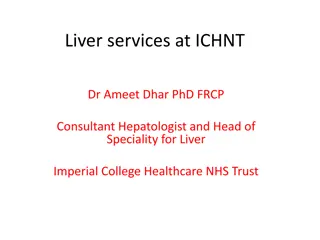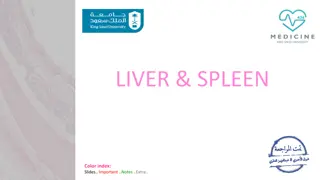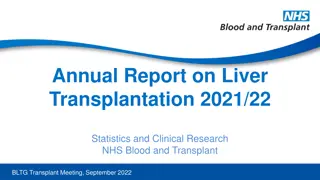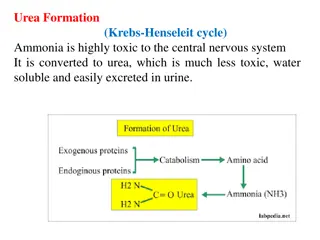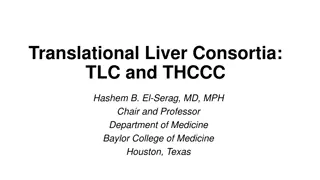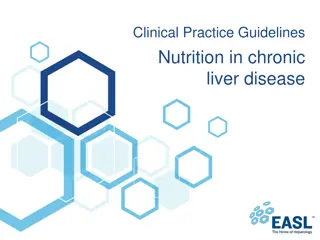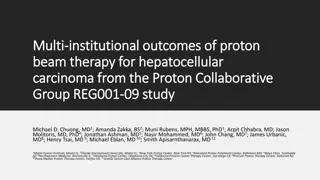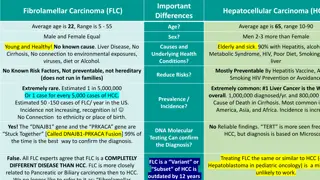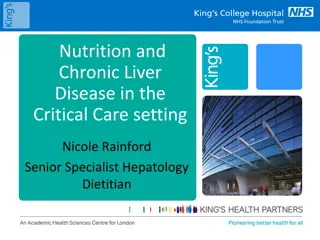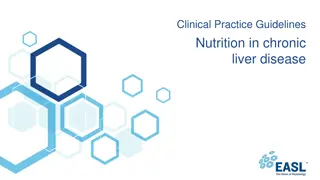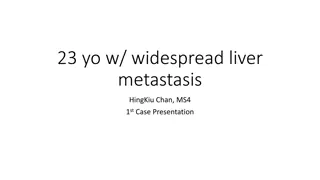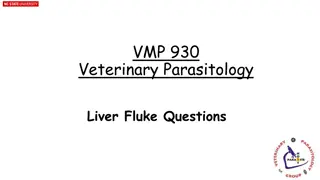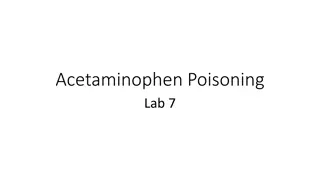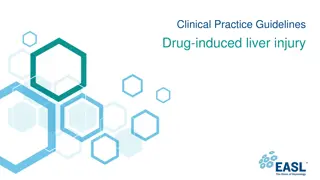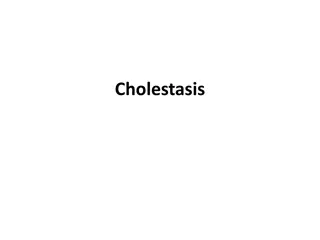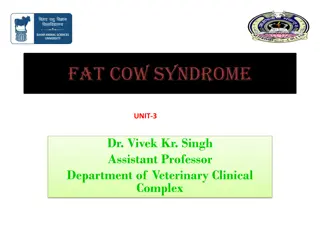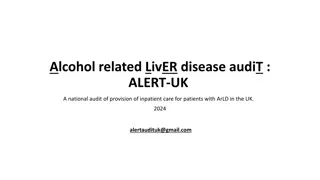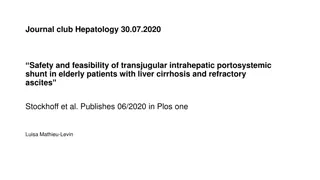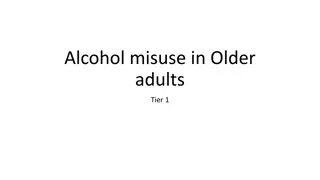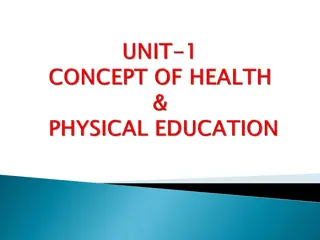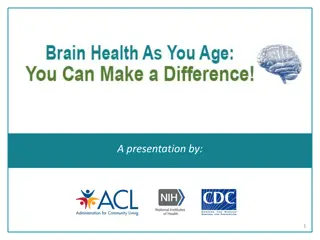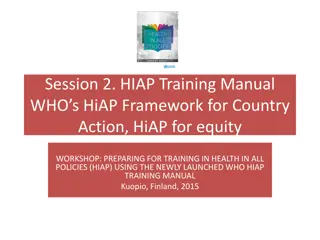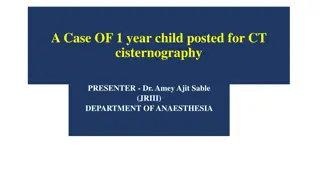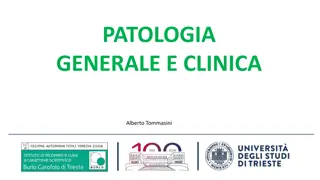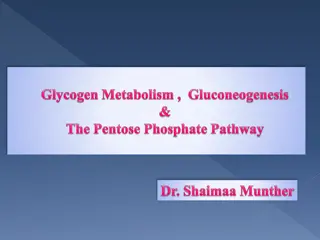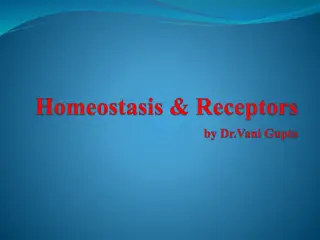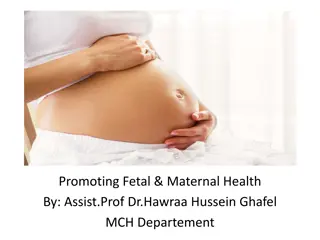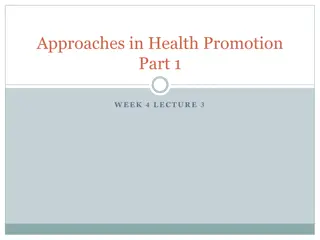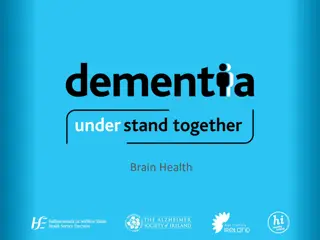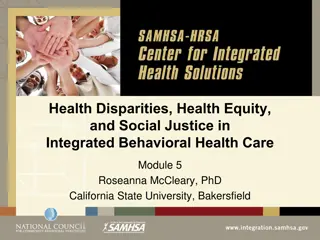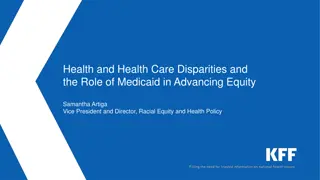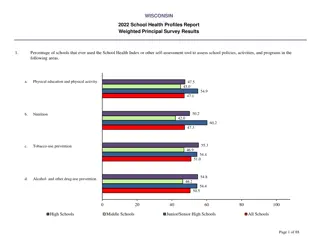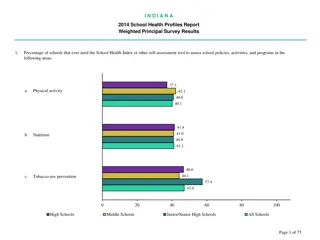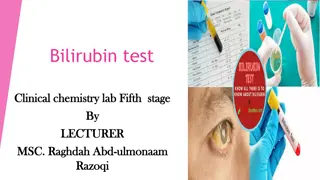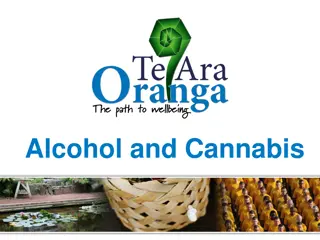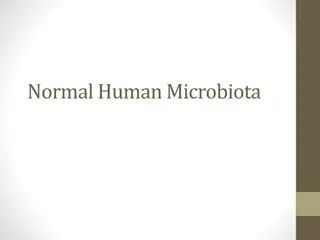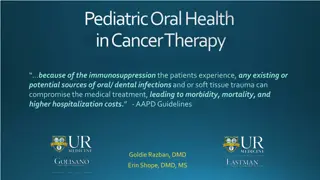Strategies for Maintaining Liver Health in the New Year
The article discusses five effective strategies to improve liver health, focusing on caloric restriction, intermittent fasting, exercise, and caution in weight loss efforts. It emphasizes the importance of adopting healthy lifestyle interventions to prevent liver diseases such as NAFLD and provides guidance on safe practices for different patient populations.
Download Presentation

Please find below an Image/Link to download the presentation.
The content on the website is provided AS IS for your information and personal use only. It may not be sold, licensed, or shared on other websites without obtaining consent from the author. Download presentation by click this link. If you encounter any issues during the download, it is possible that the publisher has removed the file from their server.
E N D
Presentation Transcript
Patient forum 18/1/20 Dr Matthew Nye
Topics to cover 11:00 Introduction & update by Angela Hegan & Dr Nye; Chris Vaughn Patient Voice 11:15 Social prescriber ( link worker, Rukhsana Hamied) by Rachel Georgiou 11:45 Simulated patient project by Sally Sherwood 12:15 Ikigai by Dr Nye 12:30 Meeting close
Update Staff Undergraduate medical and nursing training Update on PCN
5 liver saving strategies for the new year The holiday season can be notoriously hard on the liver, as diets are abandoned and alcoholic beverages are downed in higher numbers. They also provide an ideal moment to remind ourselves that both alcoholic and nonalcoholic fatty liver disease (NAFLD), the most common liver diseases in the industrialized world, can be prevented by adopting healthy lifestyle interventions.
Here are 5 approaches to help you to modify your risk factors this new year 1. Cut way down on calories, strategically. Caloric restriction can reduce insulin resistance, weight, hepatic fat, and cardiovascular risk factors, regardless of carbohydrate content. Although we may have overindulged during the holiday season, different strategies to achieve caloric restriction can help to get us back on track, including such fasting regimens as time-restricted eating (meals consumed within a limited number of hours), alternate-day fasting, and the 5:2 eating pattern (unrestricted eating for 5 days, followed by 2 days of restricted intake).
Continue.. Intermittent fasting may not be safe for all patients, especially those with diabetes or cirrhosis, in whom fasting increases the risk for loss of muscle mass. Clinicians should guide patients and remind them to use caution in their weight loss efforts, as recent studies suggest that moderate to large weight loss increases the risk for mortality in patients aged 45-74 years.
2. Exercise your way to a healthier liver Increasing physical activity has consistently been shown to reduce the concentration of liver fat and elevation of aspartate aminotransferase and alanine aminotransferase levels, as well as improve insulin sensitivity After implementation of an exercise program, both invasive and noninvasive measurements have shown a decrease in intrahepatic fat. Exercise alone, without additional dietary modifications, also results in improved hepatic steatosis
Continue.. Exercise has many other associated health benefits. Regardless of how it is achieved, weight loss of at least 7% can lead to remission of NAFLD in obese and non obese patients. And the type of exercise may not matter, because both aerobic and resistance training have been shown to reduce liver fat
3. Celebrate dry January (or sober September). The concept of "dry January" or abstinence from alcohol during the first month of the new year has grown in popularity. Evidence suggests that it is a trend that patients would benefit from adopting. Mehta and colleagues found that 1 month of abstinence resulted in significantly improved insulin resistance, blood pressure, weight, lipid profile, and liver function tests, compared with a control group who continued consuming alcohol.
Continue.. At 6 months, a significant reduction of alcohol consumption persisted in the abstinence group. The investigators found that abstinence even resulted in decreased expression of vascular endothelial growth factor and epidermal growth factor, key molecules in the development of cancer.
Continue.. These results suggest even short-term abstinence from alcohol can have significant effects on both liver health and overall health, especially because alcohol use and insulin resistance are major causes of steatohepatitis. This effect may lead to more health awareness, given the subsequent decrease in alcohol consumption even months later.
4. Adopt a Mediterranean diet The Mediterranean diet is rich in plant-based foods, such as whole grains, seeds, nuts, legumes, fruits, and vegetables, and calls for moderate consumption of lean proteins, such as seafood and poultry, and avoidance of red meats and dairy Whole grains : Quinoa, Kaniwa, Freekeh, Barley, wild rice
Continue.. Although there is no one-size-fits-all diet, many, including the European Association for the Study of the Liver, recommend adopting a Mediterranean diet to reduce hepatic fat and hepatic insulin sensitivity, independent of exercise and weight loss. Adhering to the Mediterranean diet has also been linked to improvements in insulin resistance, inflammatory markers, and cardiovascular risk factors
5. Recognize the risk of a liver detox The sale of "liver detox" supplements has become increasingly common, and is especially popular during the holiday season. These supplements are not regulated and may actually be harmful to the liver, especially if the liver is stressed from overindulging in high-fat foods and alcohol


